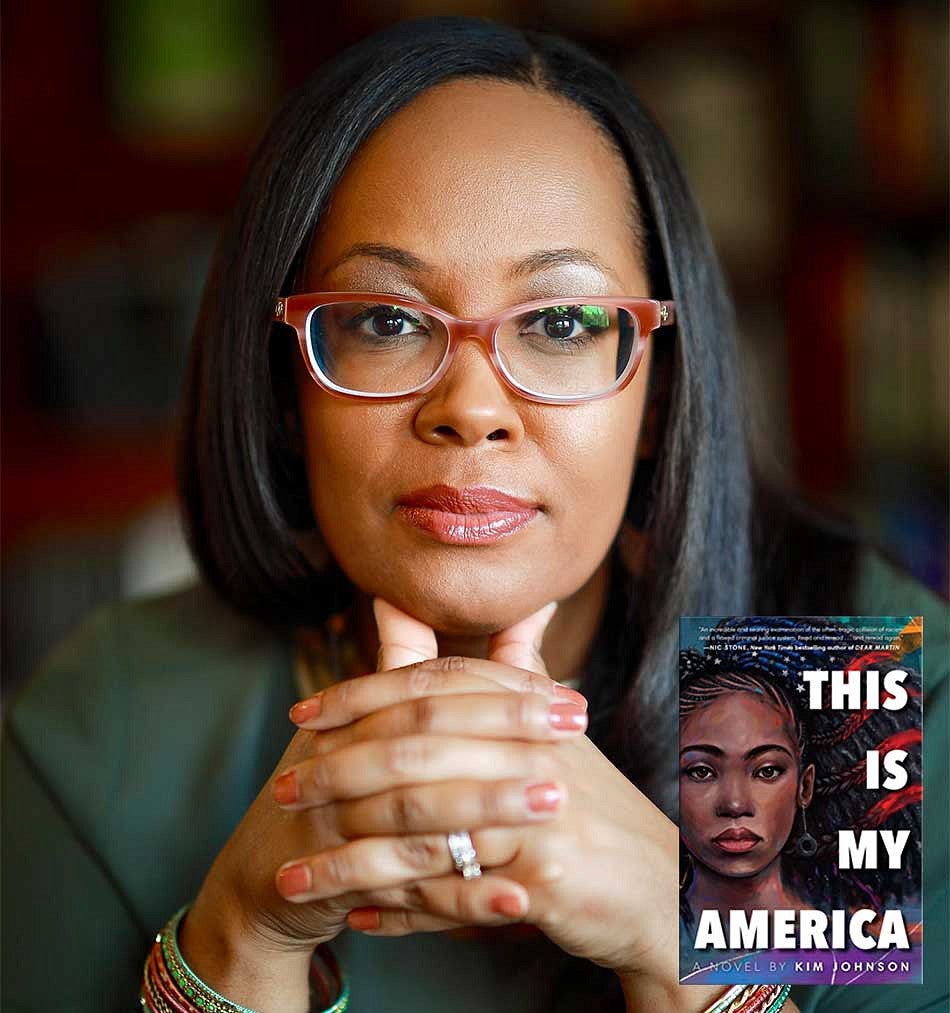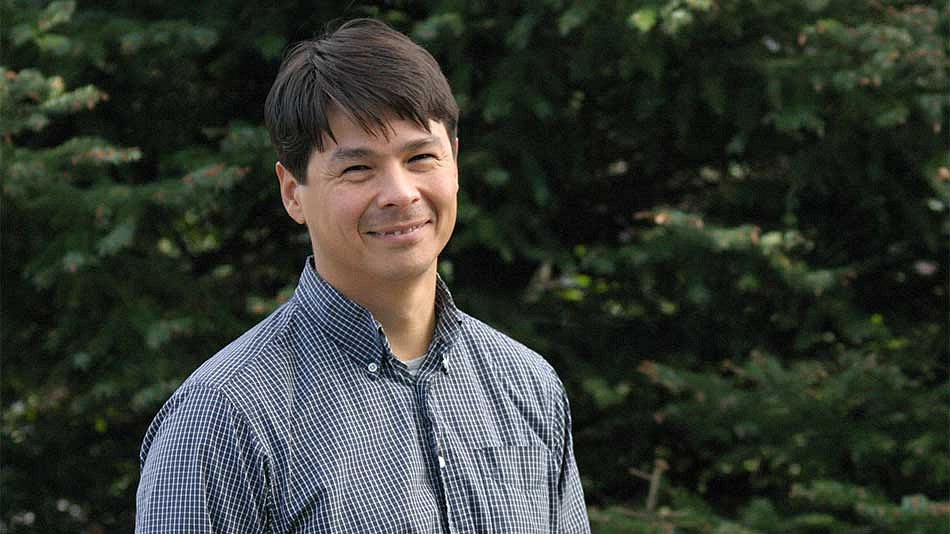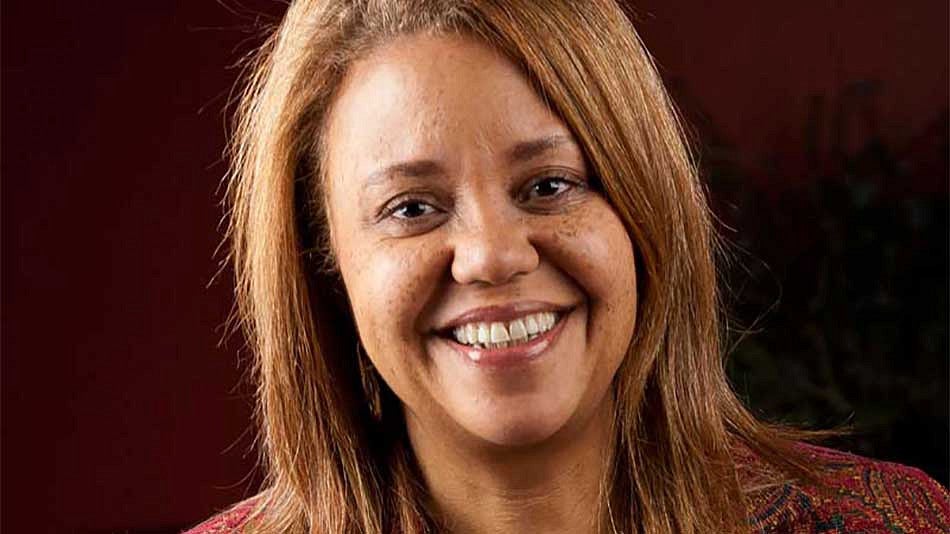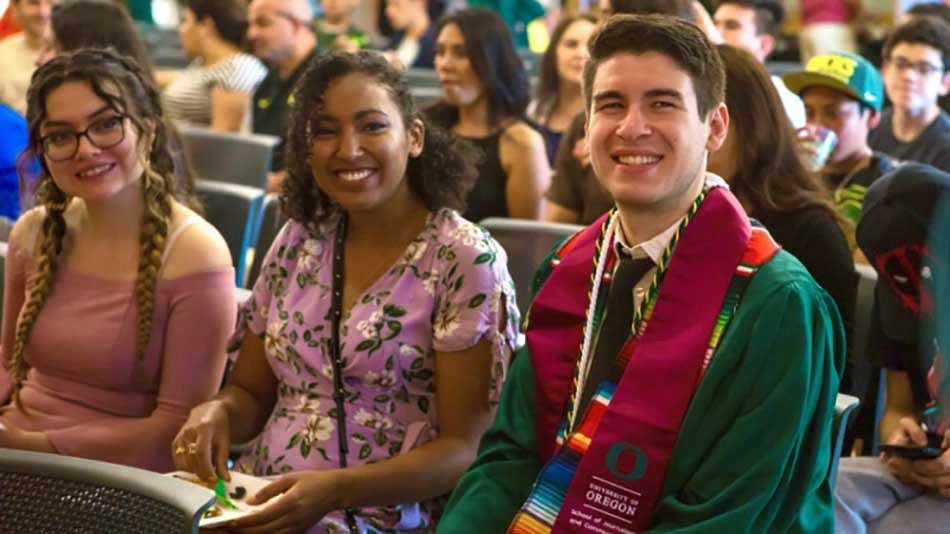
Listen. Learn. Act.
December 2020
The killing of Black men and women; the history of racism in our country, state, and university; the unkept promises and continued impact of systemic racism; and the current iteration of Black Lives Matter and its awareness by the general public have given rise to new fights and demands in an ages-long struggle.
Sharing the theme “Listen. Learn. Act.” introduced by the UO’s Common Reading Program for the year, the resources here provide opportunities for you to participate, contribute and move toward change. They also highlight and elevate work to help create greater understanding of the full heritage of African Americans and BIPoC communities who endure racial injustice and continue with courage, contributions and creativity. We will continue adding resources and highlighting work throughout the academic year as we know this is a journey our community and society as a whole must continuously walk.

In response to the Black Lives Matter call to action and requests from campus colleagues, the UO Common Reading Program is dedicating this year to Blackness, the Black experience, and dismantling racism under the theme “Listen. Learn. Act.” The winter term focuses on “Learning” through This Is My America, the acclaimed young adult novel by the UO’s own Kim Johnson. Seventeen-year-old Tracy Beaumont is in a race against time to seek justice for her father, wrongly accused and sentenced to death row, while her brother, a promising track star, is unjustly accused of killing a young white woman. Johnson‘s debut novel explores racial injustice against innocent Black men who are criminally sentenced and the impact on the families left behind.

Check out this talk by MacArthur Fellow Sven Haakanson, who is reviving and giving contemporary meaning to indigenous languages, customs, and culture of the Kodiak region. A native Alutiiq trained with a PhD in anthropology, he is straddling worlds in an effort to preserve and give contemporary meaning to Native history and local legends, rituals, and customs. He spoke to UO audiences November 24, 2020 in a presentation by the UO “BE” series.

How can centuries of environmental exploitation and social injustice in the US be unraveled? Robin Morris Collin, the Norma Paulus Professor of Law at Willamette University College of Law, shared her passion for creating solutions to remedy environmental injustice in the 2020-21 Colin Ruagh O’Fallon Memorial lecture, “The Geography of Injustice and the Ecology of Reparations,” on Tuesday, December 8.
Climate Justice is the theme for the 2020-2021 Oregon Humanities Center lecture series. Find out about other lectures in the Climate Justice series.

Latinx Education After Public School, also known as LEAPS, works with Latinx students beginning in middle school to provide meaningful information about the paths available to them after graduating from high school. Between eighth and ninth grade and then between ninth and 10th grade, students and their families attend a summer academy with college counselors to open discussions about college and career trajectories for students.
Resources
Visit these resources—a small sampling of the many on campus—for ways to listen, learn, and act in the fight for social justice

